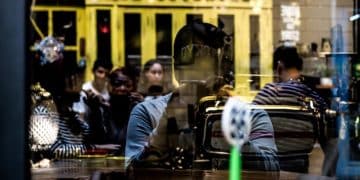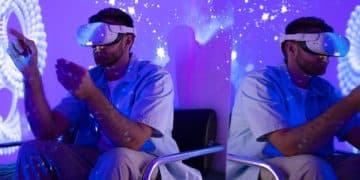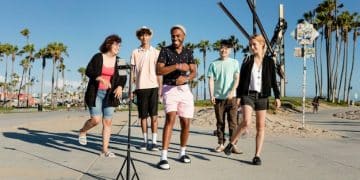The State of American Animation: New Trends & Tech in 2025
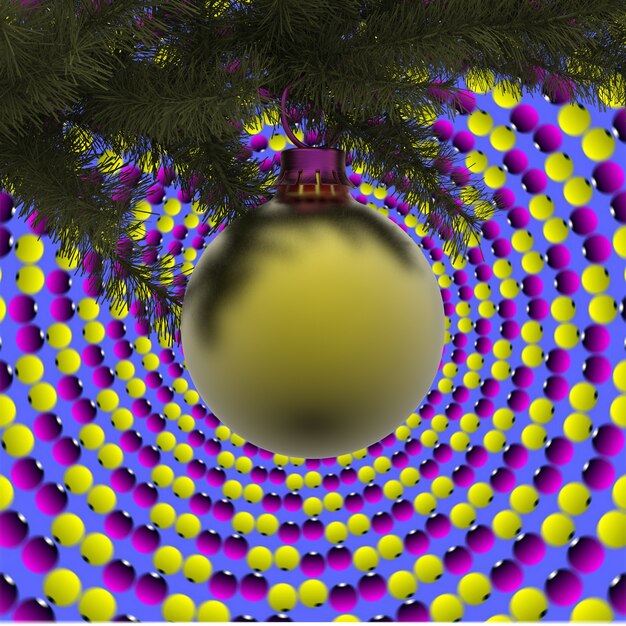
In 2025, American animation is seeing a thrilling evolution driven by technological advancements like AI and VR, alongside a surge in diverse storytelling that reflects contemporary societal narratives.
The landscape of The State of American Animation: Exploring New Trends and Technologies in 2025 is undergoing a dramatic transformation, fueled by groundbreaking innovations and a commitment to diverse storytelling.
The Rise of AI in Animation Production
Artificial intelligence is no longer a futuristic concept; it’s a present-day tool reshaping animation workflows. From automating repetitive tasks to assisting in character design, AI is making significant strides in the animation industry.
AI-Assisted Animation Tools
AI algorithms are now capable of generating in-between frames, cleaning up artwork, and even suggesting character movements, dramatically reducing production time.
Challenges and Opportunities
While AI offers immense potential, it also presents challenges, including concerns about job displacement and the need for ethical guidelines in its application. However, the opportunities for innovation and efficiency are undeniable.
- AI-powered rigging and animation tools are streamlining character setup.
- Machine learning algorithms are enhancing the realism of motion capture data.
- AI is helping animators create complex visual effects more efficiently.
- AI-driven tools are personalizing animation for individual viewers.
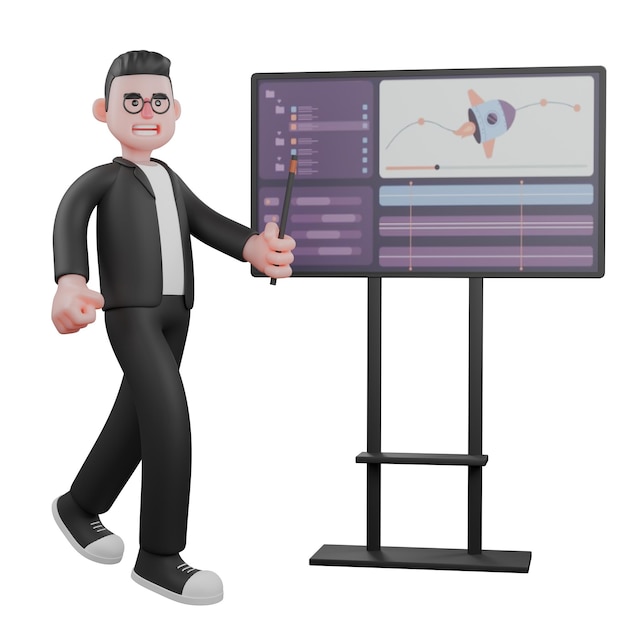
The integration of AI in animation is poised to revolutionize the industry, enhancing creativity and productivity while raising important ethical questions.
Virtual Reality and Immersive Storytelling
Virtual reality is pushing the boundaries of storytelling, offering audiences immersive experiences that go beyond traditional screens. American animation is increasingly exploring VR as a platform for unique and engaging narratives.
Interactive Animation in VR
VR animation allows viewers to step into the story, interact with characters, and influence the plot, creating a sense of presence and agency.
VR Production Techniques
Creating animation for VR requires new production techniques and storytelling approaches, demanding a shift in how animators think about composition, perspective, and audience engagement.
- Real-time rendering engines are enabling interactive VR animations.
- Motion capture technology is capturing realistic performances for VR characters.
- Spatial audio design is enhancing the immersive VR experience.
- User interface design is crucial for navigating and interacting within VR animations.
VR is unlocking new possibilities for animated storytelling, creating experiences that are both visually stunning and deeply engaging.
The Democratization of Animation Software
Animation software is becoming more accessible and affordable, empowering independent creators and studios to produce high-quality animated content. This trend is fostering a wave of innovation and diversity in the animation landscape.
Affordable Animation Tools
Open-source and subscription-based animation software options are making it easier than ever for aspiring animators to learn and create without breaking the bank.
Online Animation Communities
Online communities and tutorials are providing valuable resources and support for animators, fostering collaboration and knowledge sharing.
The democratization of animation software is empowering a new generation of animators and creators, leading to a more diverse and vibrant animation industry.
Diverse Representation in Animation
There’s a growing demand for more diverse representation in animation, both in terms of characters and storytelling. American animation is responding with more inclusive narratives that reflect the experiences of underrepresented communities.
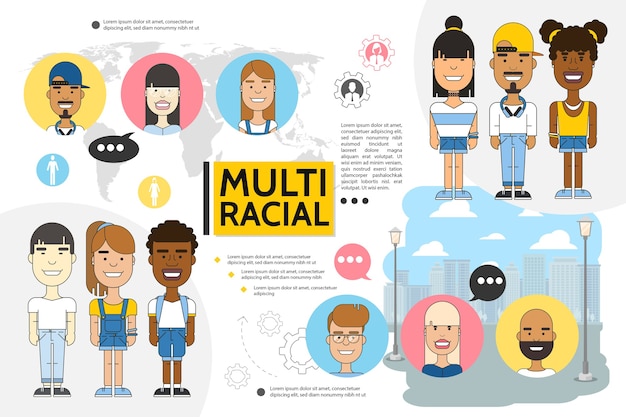
Inclusive Storytelling
Animation studios are actively seeking out and developing stories that center on diverse characters and cultures, challenging stereotypes and promoting empathy.
Behind-the-Scenes Diversity
Efforts are also being made to increase diversity behind the scenes, ensuring that animation teams reflect the communities they are portraying.
- Studios are implementing diversity and inclusion initiatives to attract and retain talent from underrepresented groups.
- Animation schools are offering scholarships and mentorship programs to support aspiring animators from diverse backgrounds.
- Industry organizations are advocating for greater representation in animation.
- Online platforms are showcasing the work of diverse animators and creators.
Diverse representation in animation is not just a trend; it’s a fundamental shift towards a more inclusive and equitable industry.
The Evolution of 2D Animation
While 3D animation has dominated the industry for years, 2D animation is experiencing a resurgence, fueled by nostalgia and a desire for unique visual styles. American animators are revitalizing 2D techniques with innovative approaches.
Blending 2D and 3D Techniques
Many animators are experimenting with blending 2D and 3D techniques to create visually stunning and unique animated works.
The Appeal of Hand-Drawn Animation
The warmth and charm of hand-drawn animation continue to resonate with audiences, offering a refreshing alternative to the polished look of CGI.
The revival of 2D animation is adding depth and diversity to the American animation landscape, showcasing the enduring appeal of traditional techniques.
Animation for Social Impact
Animation is increasingly being used as a powerful tool for social commentary and advocacy. American animators are creating works that address important social issues, raise awareness, and inspire change.
Animated Documentaries
Animated documentaries are using visuals to bring complex and sensitive topics to life, making them more accessible and engaging for audiences.
Socially Conscious Storytelling
Animation is being used to tell stories that promote empathy, understanding, and social justice, tackling issues such as climate change, mental health, and inequality.
Animation for social impact is demonstrating the power of the medium to effect positive change in the world.
The Growth of Independent Animation
Independent animation is thriving, with online platforms and festivals providing outlets for animators to showcase their work and connect with audiences. American indie animators are pushing creative boundaries and exploring new storytelling possibilities.
Online Animation Platforms
Platforms like Vimeo, YouTube, and Kickstarter are empowering independent animators to reach global audiences and fund their projects.
Animation Festivals
Animation festivals are providing a vital platform for independent animators to gain recognition and network with industry professionals.
The growth of independent animation is fostering a vibrant and experimental animation scene in America, offering opportunities for diverse voices and perspectives to be heard.
| Key Aspect | Brief Description |
|---|---|
| 🤖 AI Integration | AI automates tasks, enhances designs, and accelerates production. |
| 🥽 VR Animation | VR offers immersive storytelling experiences for viewers. |
| 🎨 2D Revival | 2D techniques are making a comeback, blending nostalgia with innovation. |
| 🌍 Social Impact | Animation addresses social issues, raises awareness, and inspires change. |
FAQ
▼
AI is automating repetitive tasks, enhancing character design, and suggesting movements, significantly reducing production time and costs.
▼
VR animation allows viewers to step into stories, interact with characters, and influence plots, creating a more engaging and immersive experience.
▼
2D animation is being revitalized due to nostalgia and a desire for unique visual styles that differ from the polished look of CGI.
▼
Animation is used to create documentaries and stories that address social issues, raise awareness, and promote empathy and understanding.
▼
Online platforms, affordable software, and animation festivals are key, providing outlets for indie animators to showcase their work and connect with audiences.
Conclusion
As we look ahead, The State of American Animation: Exploring New Trends and Technologies in 2025 reveals a dynamic and evolving industry. The integration of AI, the resurgence of 2D, the exploration of VR, a stronger emphasis on diverse representation, and the utilization of animation for social impact all point towards a future where creativity and technology converge to create powerful and meaningful storytelling experiences.


